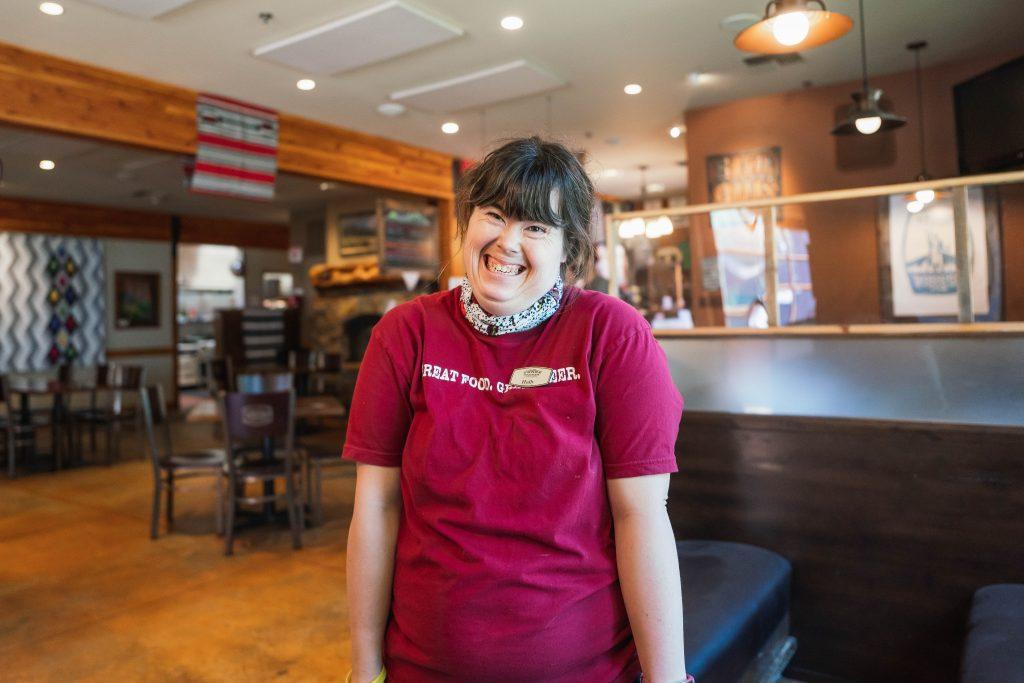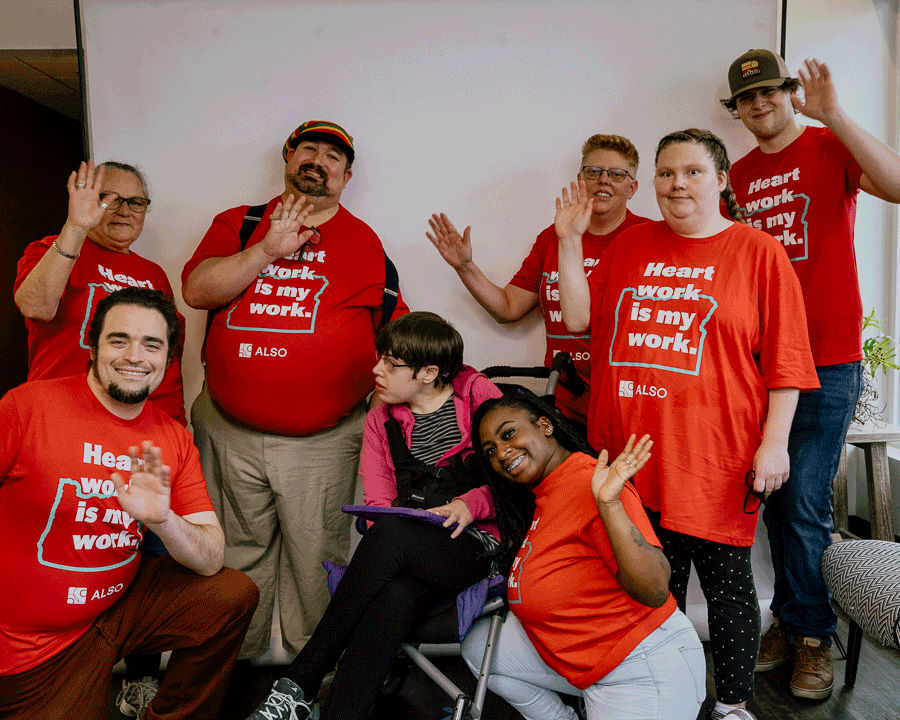Explore the ALSO Children’s Homes Wishlist and help fill the season with joy for the children supported by ALSO.
Explore the ALSO Children’s Homes Wishlist and help fill the season with joy for the children supported by ALSO.

At ALSO, we believe that people with intellectual and developmental disabilities deserve the opportunity for full inclusion in their community. According to the Americans with Disabilities Act (ADA), an individual is considered as having a disability if they have a physical or mental impairment that limits one or more major life activities, if they have a record of such impairment, or are regarded as having the impairment.
Today we share how reasonable accommodation in employment and housing enables people with disabilities to have equal opportunity in enjoying community life. Additionally, we’ll provide tips on how to make a reasonable accommodation request.

The ADA National Network describes reasonable accommodations as changes that allow a qualified individual to perform essential functions of the job, which results in equal employment opportunities. This applies to the following:
Here are some examples of workplace accommodations:
ADDITIONAL INFORMATION: Benefits of Diversity and Inclusion in the Workplace
The Fair Housing Act (FHA), which falls under the federal agency of Housing and Urban Development (HUD), protects people with disabilities from discrimination in matters of housing. This includes having equal access to common areas, such as the lobby or courtyard.
These laws cover not only home seekers with disabilities, but also buyers and renters who are associated with or live with them.
A few examples of reasonable accommodations in housing include the following:
A reasonable modification is a specific type of reasonable accommodation request. These are structural changes such as sidewalk ramps, and the widening of hallways and doorways.
ADDITIONAL INFORMATION:

Whether you have a disability yourself or you are supporting someone who does, know that the reasonable accommodation process can be complicated. Don’t worry if you don’t know all the answers! Perhaps you know someone with a disability who has received reasonable accommodation— they are often a great resource. Other resources include:
Although it’s not required to put the requested accommodation in writing, it’s always a good idea. This makes the request crystal clear. For communications that aren’t in writing, try to document them and the dates on which they occur.
The initial request should be as clear as possible, so that the housing provider and employer can understand the important details of specific accommodations. It’s totally ok to be honest! Keep in mind that you are giving the employer and housing provider the tools they need for success. Remember that you don’t need to give detailed medical information. It’s the functional limitations that are more important (eg. quieter work area, flexible work schedule).
You, housing providers, and employers are all afforded rights in the process. They aren’t required to provide accommodations that cause undue hardship or administrative burdens, but they must engage with you to come to an agreement together. The best solutions are made on a case-by-case basis. Alternative accommodation is always possible. For example, maybe a small apartment house owner can’t provide an elevator for someone who uses a wheelchair. However, maybe the dwelling can be located on the first floor.
Lastly, be confident! Those of us with disabilities can be superbly qualified employees and great neighbors. We have many talents and personality traits to share in our living and working communities. When speaking with others, be open about those many strengths.

At ALSO, we have helped to facilitate amazing collaborative relationships between people with intellectual and developmental disabilities, employers, and housing providers. Reasonable accommodations are great contributors to the ideal of true diversity, equality, and inclusion in society. If you’d like to take part in our efforts or learn more email us at info@alsoweb.org or call us at (503) 489-6565!

Sign up for our newsletter to get our latest news, content, and job opportunities.
Help us ensure that everyone has the same opportunities in their home, workplace and community. Let’s make dreams!
